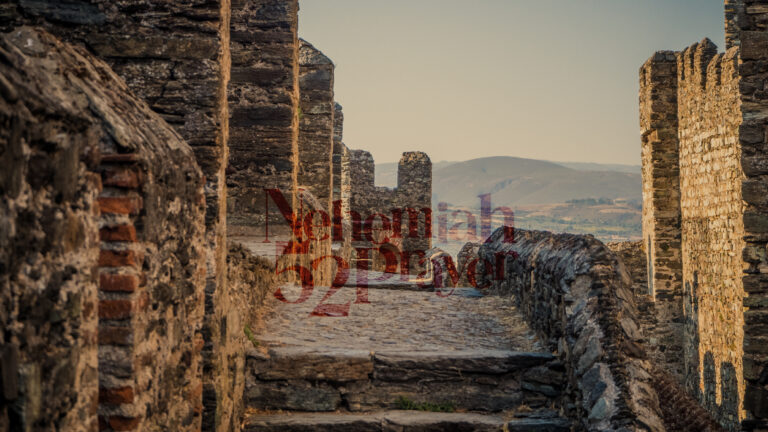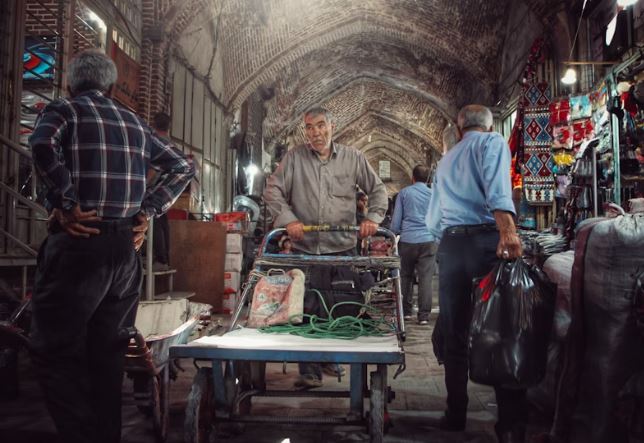“I will not leave you, Cuba, until I have done what I have promised you!”
“I am with you and will watch over you wherever you go, and I will bring you back to this land. I will not leave you until I have done what I have promised you.”(Genesis 28:15,NIV)

》 Country Profile
Continent | America
Population | 11 million
Area | 110,860㎢ The largest island in the Caribbean.
Capital City | Havana (2.14 million)
People Groups | Total 17 groups, Hispanics – Euro-Hispanics 63.4%, Mulattos & Mestizos 24.9%, Afro-Hispanics 9.8%, Haitians 0.4%, Chinese 0.4%
Unreached People Groups | 2 (0.3% of the population)
Official Language(s) | Spanish
Total Languages | 13
Bible Translations | Completed 10, New Testament 1, Partial 2
Religion | Christianity 56.2% (Protestant 7.5%, Catholic 46.3%), Non-religious 23.1%, Ethnic religion 19.6%, Evangelical 11.3% (1.25 million people)
》 About Cuba
Cuba came under Spanish colonial rule after Christopher Columbus’s arrival in 1492. Following the Spanish-American War, the United States governed the island from 1898 to 1902 for three and a half years until Cuba gained its independence. However, post-independence, Cuba remained under significant U.S. political and economic influence. In 1903, Cuba and the U.S. signed the Guantanamo Bay Lease Agreement, which still allows the presence of U.S. Marines at Guantanamo Bay.
Cuba experienced periods of dictatorship, corruption, and coups until Fidel Castro led a six-year revolutionary movement with support from the Soviet Union and other communist states. In 1959, Cuba adopted a socialist political system under the leadership of Fidel Castro, Ernesto “Che” Guevara, and Raúl Castro, establishing a one-party state. In this communist one-party dictatorship republic, all legislative, judicial, and executive powers are concentrated in the Council of State, with the head of state acting as the Chairman. In 2018, Miguel Díaz-Canel succeeded Raúl Castro as chairman of the Council of State, and in 2021, he became the First Secretary of the Communist Party of Cuba.
Cuba’s economy faced significant challenges after the 1989 collapse of the Soviet Union, which ended its economic and military aid. The crisis deepened in the 1990s with the 1992 enactment of the U.S. “Cuban Democracy Act,” which strengthened trade embargoes. Economic issues worsened due to falling nickel prices, reduced trade with Venezuela, and hurricane damages. In 2019, constitutional changes granted greater private property rights and market freedoms. Tourism became Cuba’s second-largest source of foreign exchange income following the dispatch of foreign medical personnel abroad. Cuba’s GDP per capita is approximately $8,821.
》 Scripture Focus
| Genesis 28:11-17(NIV) 11 When he reached a certain place, he stopped for the night because the sun had set. Taking one of the stones there, he put it under his head and lay down to sleep. 12 He had a dream in which he saw a stairway resting on the earth, with its top reaching to heaven, and the angels of God were ascending and descending on it. 13 There above it stood the LORD, and he said: “I am the LORD, the God of your father Abraham and the God of Isaac. I will give you and your descendants the land on which you are lying. 14 Your descendants will be like the dust of the earth, and you will spread out to the west and to the east, to the north and to the south. All peoples on earth will be blessed through you and your offspring. 15 I am with you and will watch over you wherever you go, and I will bring you back to this land. I will not leave you until I have done what I have promised you.” 16 When Jacob awoke from his sleep, he thought, “Surely the LORD is in this place, and I was not aware of it.” 17 He was afraid and said, “How awesome is this place! This is none other than the house of God; this is the gate of heaven.” |
》 Prayer Points
1. Let us pray for the church in Cuba. Since the first missionary work began in 1890, Christianity has steadily grown, but the church has faced many difficulties after the communist revolution. Catholicism, which accounts for 46% of the population, has mixed with ancient African-Cuban spiritual practices. There are many nominal Christians, with less than 10% of them that regularly attend Mass (Missa).
Due to government restrictions, only churches that existed before the communist regime are recognized, so worship is often held in home church settings. In 2018, it was reported that there were about 2,500 home churches. Let us thank God that Evangelicals have grown to over 11% of the population, reaching 1.25 million people. Despite government persecution and surveillance that prevents freedom of worship, let us proclaim that the heart of each believer is the dwelling place of God and His temple. Even in the face of threats such as violence and imprisonment, let us pray for the church to be armed with the gospel of the cross and prayer, so that it continues to walk with the Lord until His promises are fully fulfilled.
2. Let us pray for the advancement of missions in Cuba. After the U.S. and Cuba normalized relations in 2014, many American churches collaborated with Cuban churches in mission work. However, in 2017 the U.S. started to reimpose sanctions, and as a result, cooperation like before has become difficult. However, despite this, because the strength of the church’s revival and growth has been within the Cuban people, it has continued to maintain its growth. The Cuban Bible Society has been publishing over a million Bibles annually, and much of the distribution of Bibles has been supported by foreign Bible societies. Let us pray for the safety and visas of foreign missionaries and organizations in Cuba, that they may continue to collaborate with local church leaders in their mission work. Let us trust that the promises given to Abraham will be fulfilled in Cuba.
3. Let us pray for Cuba to be sanctified in truth. The government has actively supported practices such as witchcraft under the guise of culture, leading to over 3 million followers of pagan religions similar to Santería and Haitian Vodou. The beginning of Santería originated from enslaved Africans brought by the Spanish during colonization who transformed their tribal gods into the forms of Catholic saints. Its rituals involving drumming, dancing, and praying have since become a part of Cuba’s Latin music scene, and “Santería tourism” has become a cultural industry. Let us pray for the gospel to reach those deceived by Satan into idol worshiping paganism, so that they may be saved.
Additionally, over 1.8 million Cubans live in the U.S. as refugees or illegal immigrants. Let us pray that they will hear the gospel in the freedom of the U.S. and, having been saved by Christ, return to Cuba as vessels of life to share the gospel and fulfill their missionary calling.
》 Urgent prayer requests around the world need your prayer!





